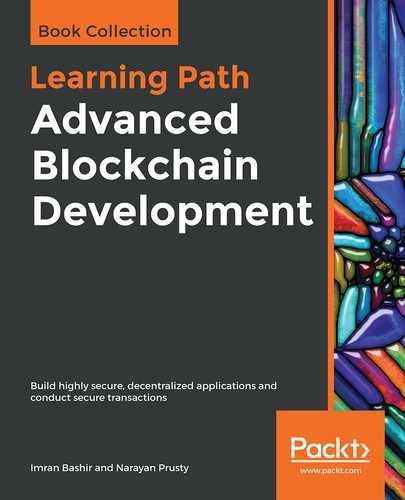Zero-Knowledge Proofs (ZKPs) were introduced by Goldwasser, Micali, and Rackoff in 1985. These proofs are used to prove the validity of an assertion without revealing any information whatsoever about the assertion. There are three properties of ZKPs that are required: completeness, soundness, and zero-knowledge property.
Completeness ensures that if a certain assertion is true, then the verifier will be convinced of this claim by the prover. The soundness property makes sure that if an assertion is false, then no dishonest prover can convince the verifier otherwise. The zero-knowledge property, as the name implies, is the key property of ZKPs whereby it is ensured that absolutely nothing is revealed about the assertion except whether it is true or false.
ZKPs have sparked a special interest among researchers in the blockchain space due to their privacy properties, which are very much desirable in financial and many other fields, including law and medicine. A recent example of the successful implementation of a ZKP mechanism is the Zcash cryptocurrency. In Zcash, a specific type of ZKP, known as Zero-Knowledge Succinct Non-Interactive Argument of Knowledge (ZK-SNARK), is implemented. This will be discussed in detail in Chapter 10, Alternative Coins.
